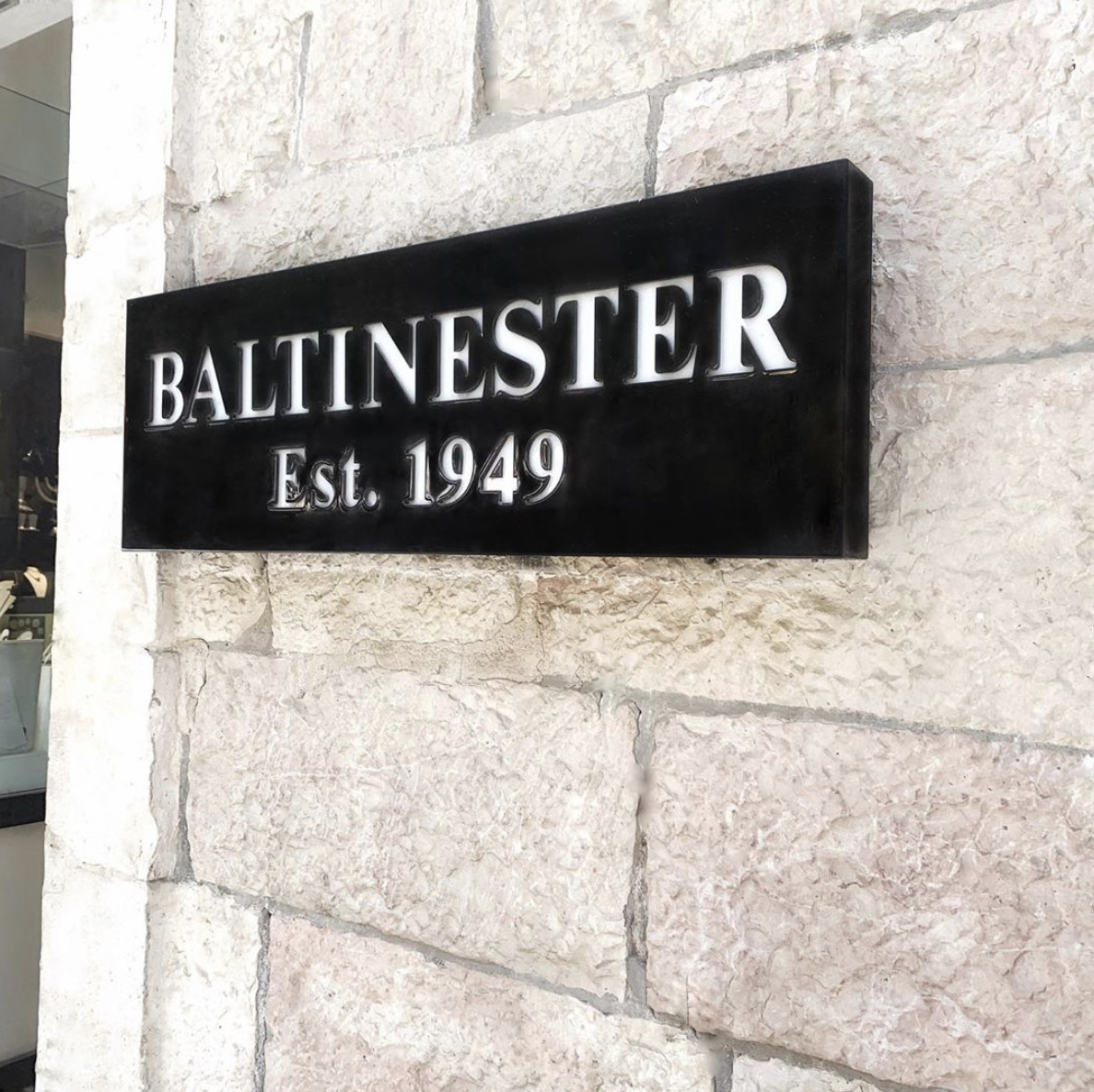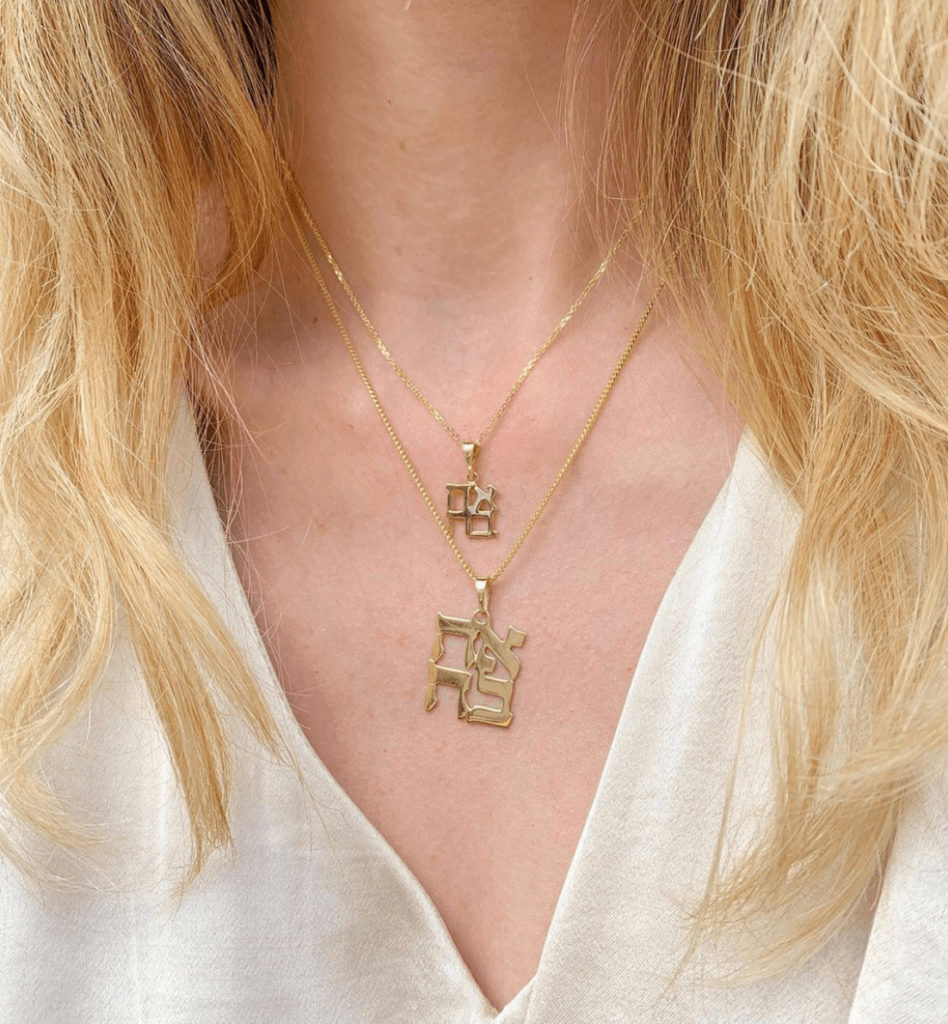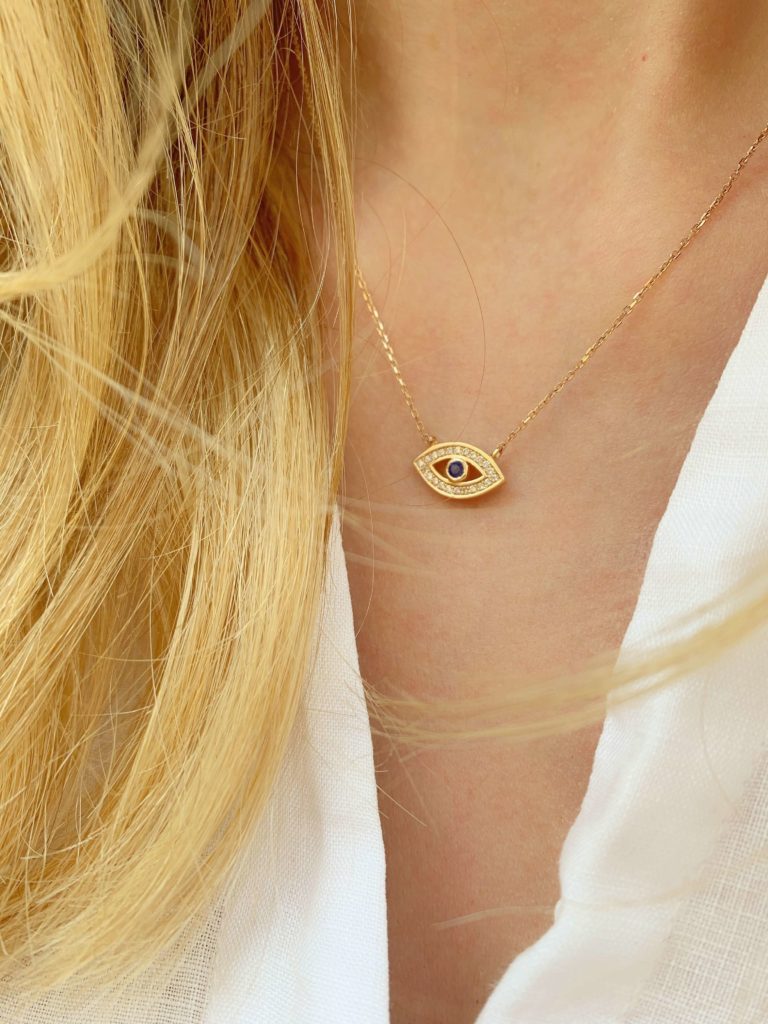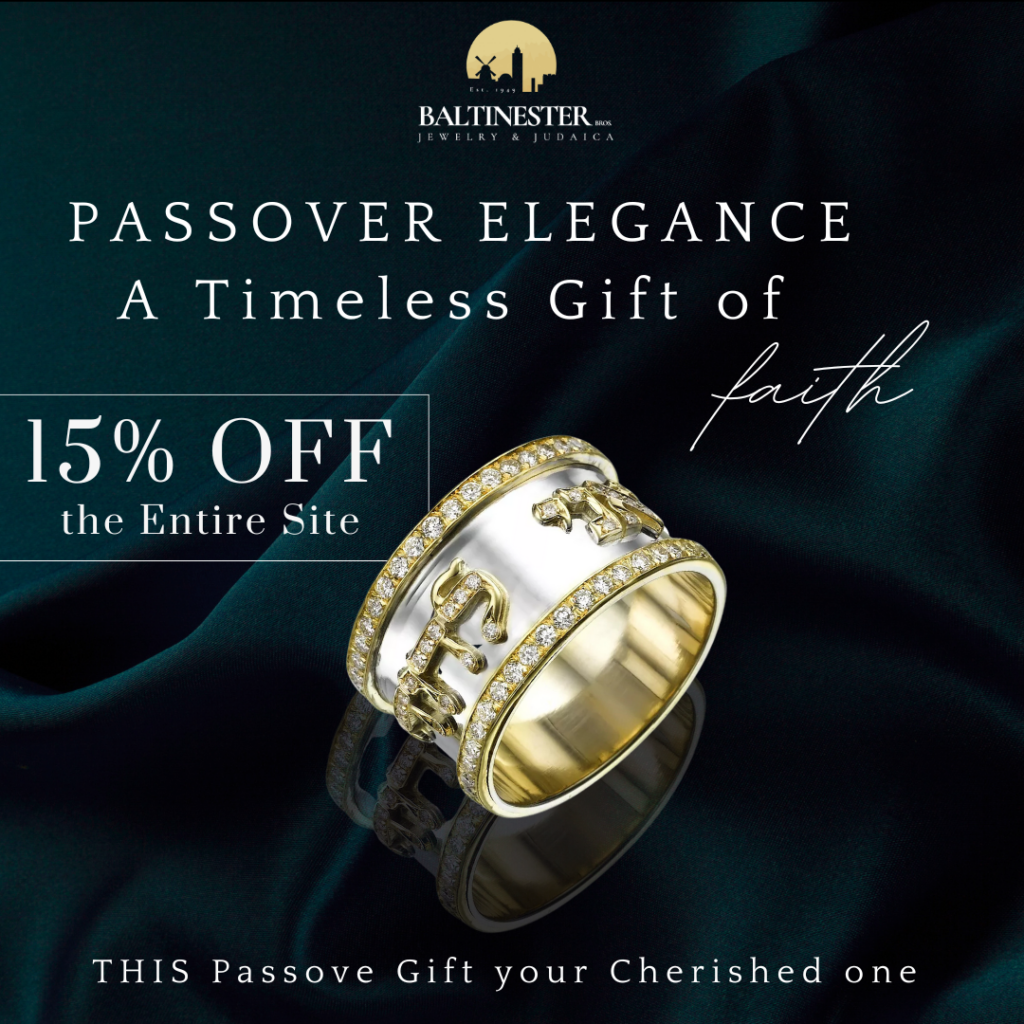Even though there are fewer tourists walking the streets of Jerusalem these days, we have been busy, busier than I would have expected us to be. I am very happy, naturally, but as I have been talking to customers and filling orders, I am struck with the idea that shoppers in our store – and online – so often reflect the times. I’ve often thought a sociologist or anthropologist from the Hebrew University of Jerusalem could conduct a great research project about Jewish jewelry buying. What interests me in particular is: who buys what, when?
I can imagine the thesis now: “Buying Jewelry according to the Political Landscape” or “How Buying Jewish Jewelry from Israel Can Reflect the Times.” Or something like that – I’m not a sociology professor, I’m a jeweler. But still, I am fascinated by the certain rhythm related to buying jewelry, at least here at Baltinester.
Some of the rhythm makes perfect sense. As expected, holidays are always a time we see more customers. People like to give gifts – especially gifts related to the religion made in Jerusalem – for the Hagim. Birthdays and anniversaries are another popular time, with many customers shopping in Jerusalem jewelry stores for a piece of Jewish jewelry for a bat mitzvah or birthday present. But, what I find so curious: besides these typical gift-giving occasions, what explains the particular upticks when people shop for jewelry and Judaica at other times – such as during times of turmoil and now during Covid.
Since the start of the Coronavirus, there has been a lot of interest in several of our categories, for example Jewish name necklaces and bracelets. It doesn’t surprise me that there is interest in them – they are popular with a lot of customers and always in demand. But why now? Why are people buying Jewish bracelets and name necklaces now? Is it due to the upheaval wrought by Corona, or is it something unrelated?
This is where I need a social scientist.
It’s not just the name jewelry that has seen a lot of interest. Other items requested in great numbers recently, especially by those customers calling form the United States and England include Jewish symbols, such as kabbalah bracelets, specific jewelry that reflects Jerusalem, and charms that offer good luck and protection like pendants, including our hamsa pendant in gold filigree, adorned with opals, seem to be really hot right now.
You don’t have to be a researcher getting a PhD to understand that people are worried about Covid-19. That makes sense. And it makes sense too that people get some degree of comfort from wearing Jewish jewelry that is made in Israel. It brings a closeness to Jerusalem and God – especially for people who are far away and calling or emailing us. It also lets people feel some degree of protection. At least that’s what people tell me when they buy pieces like the hamsot decorated with beautiful opals or our evil eye pendants in gold.
Even “standard” Jewish jewelry like classic hai signs and stars of David are symbols of God’s presence. They can be both a comfort as well as a statement – maybe of courage, for example when wearing our Lion of Judah ring, a golden yellow ring with a raised lion of Judah, certainly of pride and connection.
So maybe that explains it. People are always interested in wearing good-looking handmade Jewish jewelry that is crafted in Israel. It offers a connection to God and Jerusalem and maybe even the Jewish people. They wear it for the pride.
And in time of worry and stress, customers like to buy jewelry that offers protection as well as that connection to God and Jerusalem.
Hold on! I might have figured this whole thing out.
There is always a demand for fine Judaica and jewelry from Israel, and there is likewise always steady interest in gifts that are typically given for birthdays, anniversaries, bar and bat mitzvah, and holiday gifts.
And while items like the hamsa and other evil eye protection pieces always have customers, when things get crazy, like today with the Corona pandemic, those pieces are more in demand as is ALL JEWISH JEWELRY for the connection, strength, and positive feelings it gives the wearer.
Are you a social scientist? A PhD student or sociology professor? I’d be happy to hear from you and to know if my theory is correct. Maybe it is a little obvious to you, but me, I’m just a Jerusalem jeweler handcrafting beautiful, unique pieces that reflect all kind of pride, connection, and spirituality related to Israel and the Jewish people.



